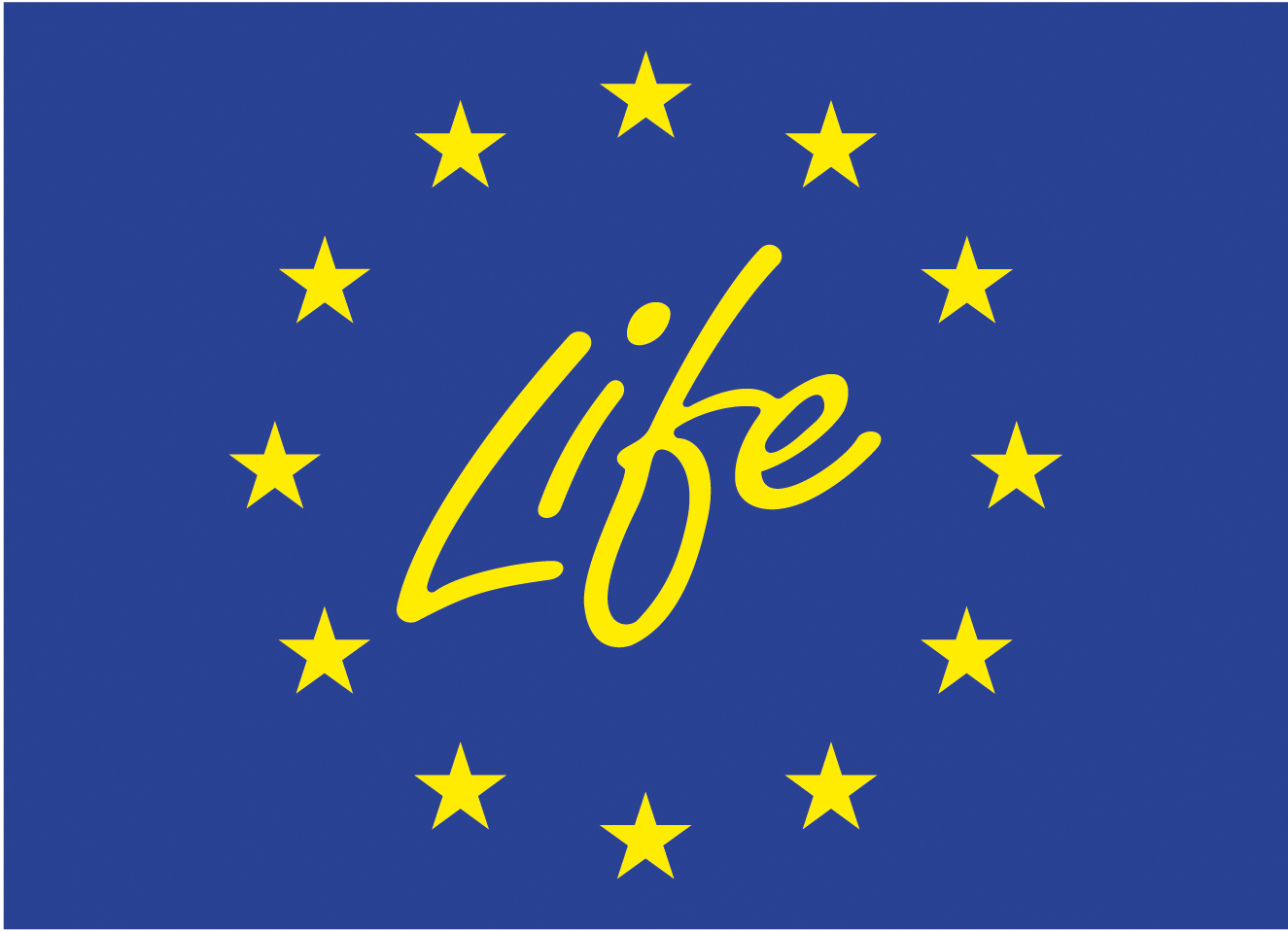Sustainable Carbon Cycles: New EU Communication
On 15 December, the European Commission presented its Communication on ‘Sustainable Carbon Cycles’. On the one hand, the Communication addresses how to increase carbon sequestration and scale up carbon farming as a business model, and on the other hand it discusses industrial approaches to remove carbon from the atmosphere. Carbon removal and storage should contribute to achieving the EU legally binding commitment of climate neutrality by 2050.
To reach EU climate objectives, drastic emission reductions are needed. A Commission analysis suggests we must reduce the current use of fossil carbon energy by 95% if we want to reach carbon neutrality by 2050. Carbon removals in the land use sector will also play an important role to meet the climate objectives.
Important to keep track of environmental benefits, besides emission reductions
Looking at the issue from the single perspective of carbon sequestration does not consider other environmental impacts of the land use sector, such as nitrate leaching into groundwater, air pollution, soil health and biodiversity loss. It is essential that carbon farming not only delivers on increased carbon sequestration, but also ensures benefits for climate adaptation, biodiversity, and other environmental objectives.
Commission support for carbon farming
To support carbon farming, the Commission will foster innovative approaches under the mission A Soil Deal for Europe, which will create living labs across Europe to test, demonstrate and upscale solutions for carbon farming. The Communication foresees to establish EU standards for monitoring, reporting, and verifying greenhouse gas emissions and carbon removals at farm level
In 2022, the Commission will propose a regulatory framework for accounting and certifying carbon removals. This should provide the necessary legal framework to scale up carbon farming and provide clarity on the quality of carbon removals. In its Communication, the Commission mentions the key role of public funding to kick-start carbon farming and complement private financing and it calls on Member States to integrate carbon farming into their CAP strategic plans.
The European organic movement’s actions
In the beginning of December, we published a letter together with other NGOs in which we are raising concerns about the carbon farming initiative. In the letter we are asking for a holistic approach to carbon farming, the need to urgently cut emissions and to acknowledge the multiple benefits of agroecological practices.
For more information on climate change and IFOAM Organics Europe’s work on this issue, please contact [email protected]. IFOAM Organics Europe members can find more information on the member extranet and background materials in the arguments database on the member extranet (main messages, arguments/FAQs, visuals & videos).
For information about what you can gain from being a member, read our membership page and contact [email protected].

IFOAM Organics Europe’s work on this topic is co-financed by the LIFE programme of the European Union, under the under the Climate, Infrastructure and Environment Executive Agency (CINEA). It only reflects the views of the authors, and its sole responsibility lies with IFOAM Organics Europe. CINEA is not responsible for any use that may be made of the information provided.

